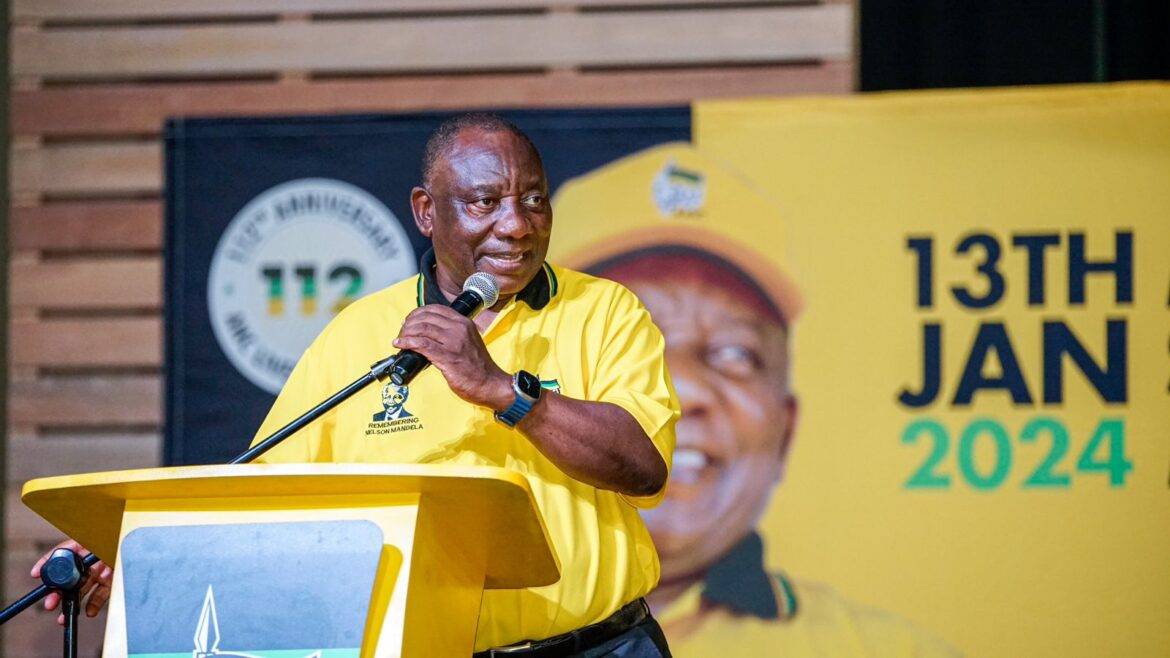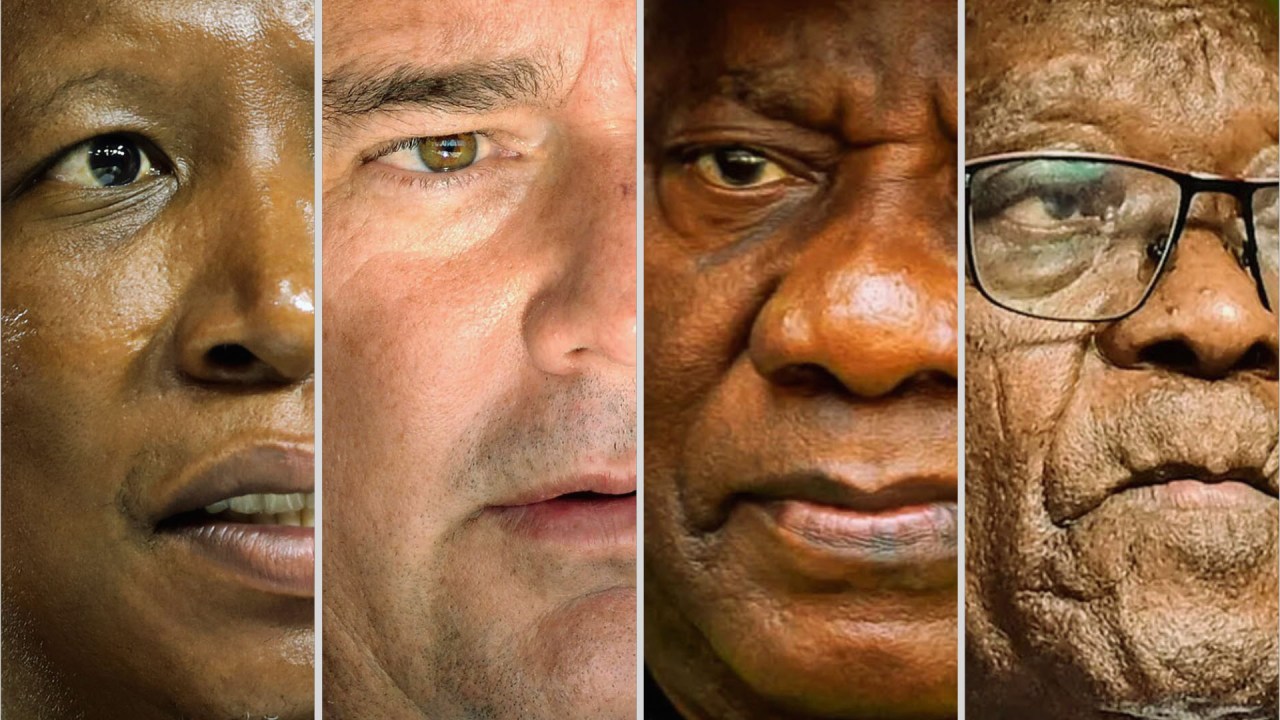Instead of adopting an urgently required resolution to enable the President to make regulations on political funding thresholds and caps, the National Assembly withdrew it “for further consultation” until next week. The House sits again on 16 May.
But this delay has undone the required tight sequencing between Parliament and the Presidency to maintain the integrity, transparency and accountability of the political funding declaration regimen.
Read more in Daily Maverick: Parliament, Presidency must act to include independents in funding declaration system before 29 May
The Electoral Matters Amendment Act makes consequential legislative amendments to also accommodate independents and bring them into the political funding disclosure regimen. The Electoral Commission of South Africa (IEC) is on public record saying this law must be in place before the elections. The 29 May poll is the first time independents can be elected to the national and provincial legislatures.
What was required to happen, in sequence, with the Electoral Matters Amendment Act was the parliamentary resolution, followed by the presidential proclamation to put the law into operation and then the regulations on political funding caps and thresholds. It didn’t happen this way.
The first misstep was President Cyril Ramaphosa on Wednesday night proclaiming 8 May as the starting date for the Electoral Matters Amendment Act. Because this law now is in operation, it requires the President to make political funding-related regulations on declaration thresholds (previously R100,000) and annual caps for individuals and entities (previously R15-million). But Ramaphosa can only make these regulations on the back of a resolution by the House.
And that was set down on the Order Paper on 9 May. It would have been a less than 24-hour window for unlimited and undeclared political donations. But because the House on Thursday postponed adopting this urgently required resolution for “further consultations”, it’s now a week-long window of potential free-for-all undisclosed political donations.
It’s unclear what consultations were referred to in withdrawing the resolution. Several political parties represented at Parliament said they had not been approached.
But it could be that the governing ANC realised on Thursday it did not have the numbers in the House to ensure this resolution passed. This signals disorganisation as the ANC should have anticipated opposition parties’ objections.
Read more in Daily Maverick: 2024 elections hub
A united front of 10 opposition parties is considering litigation as the Electoral Matters Amendment Act, unnecessarily, also changed the funding formula from State coffers for political parties to one that rewards greater representation in legislatures. The 90% proportional funding, according to numbers in legislatures, and 10% equitable funding, is more detrimental to smaller parties than the long-standing two-thirds proportional, one-third equitable split.
IFP Chief Whip Narend Singh told Daily Maverick while the IFP supported donation caps, and disclosure, it would not have supported this resolution out of principle given the issues with the Electoral Matters Amendment Act.
No one had been consulted on this matter, he added. An official letter announcing the resolution would be on Thursday’s Order Paper was sent on Wednesday night, and for this reason the withdrawal came as a surprise.
United Democratic Movement (UDM) Chief Whip Nqabayomzi Kwankwa said the ANC generally does not consult other parties.
The House sits again on 16 May, and this resolution is expected back on the Order Paper that day. If passed, Ramaphosa is empowered to gazette the regulations setting new political donation annual caps and disclosure thresholds.
But by then it would be possible for many tens of millions of rands to be donated to political parties on the last stretch of the campaign trail of the pivotal 2024 elections.
The impact on South Africa’s three-year-old political funding declaration regimen remains to be seen. The IEC will have to scrutinise this situation, if not now then definitely after the 29 May poll. Serious steps must be taken to re-establish the integrity, transparency and accountability of the political funding disclosure regimen.
None of the pitfalls now undermining the political declaration regime would have happened if the National Assembly had been allowed to adopt this urgent resolution before the Electoral Matters Amendment Act was signed and then operationalised by Ramaphosa and followed by presidential regulations. The legislative sequencing was tight because of the before-elections deadline, but clear.
The takeaway from this fiasco? South Africa deserves better. DM
![]()



 1 week ago
66
1 week ago
66

















